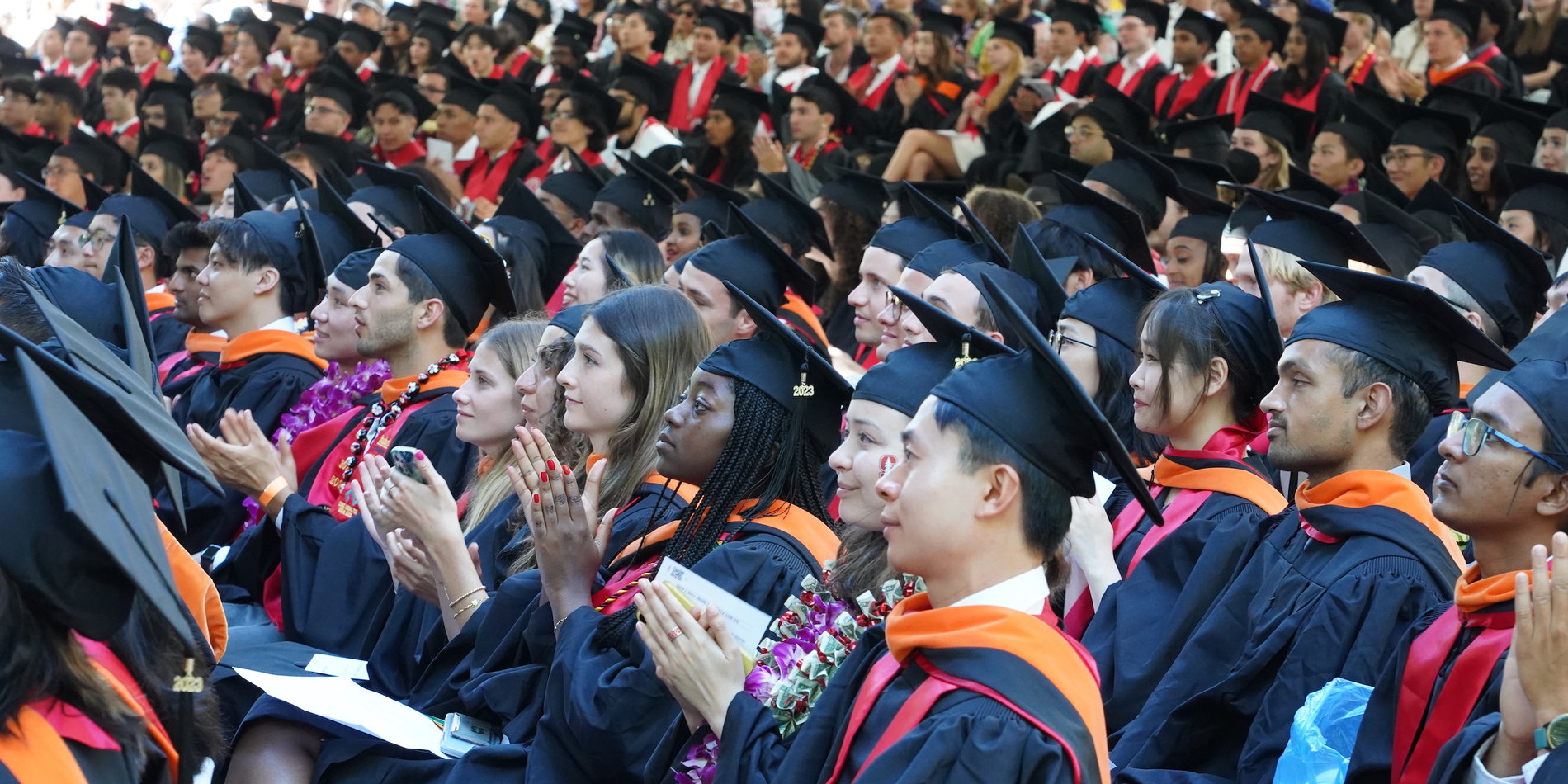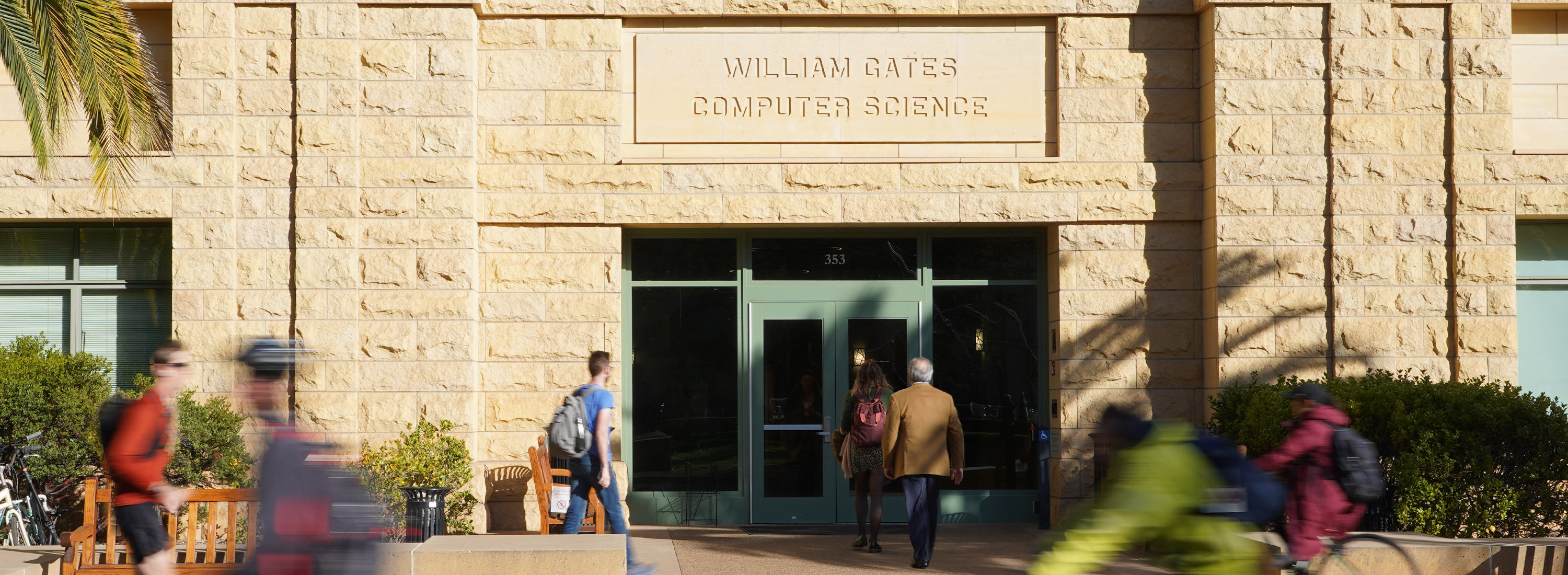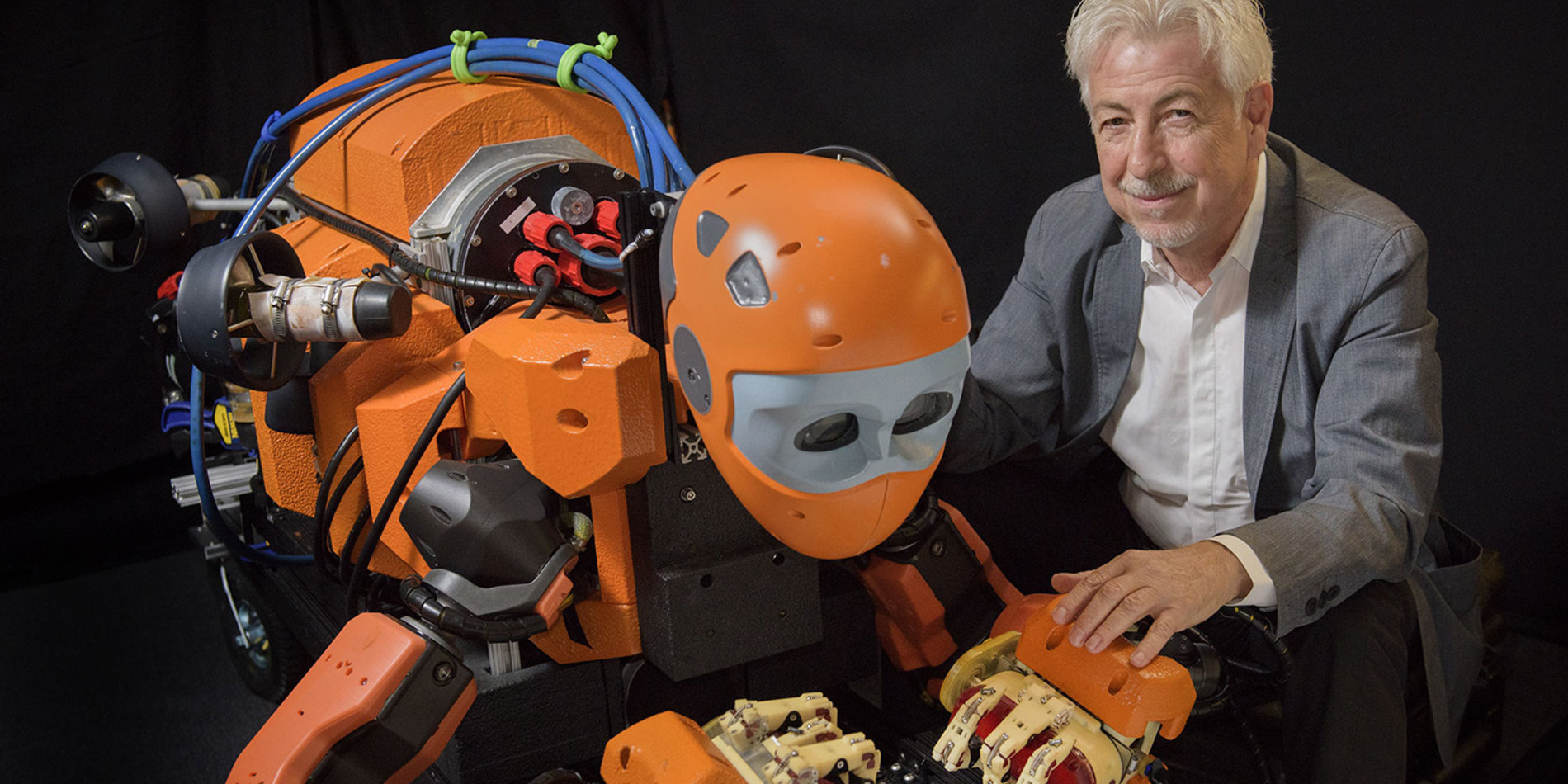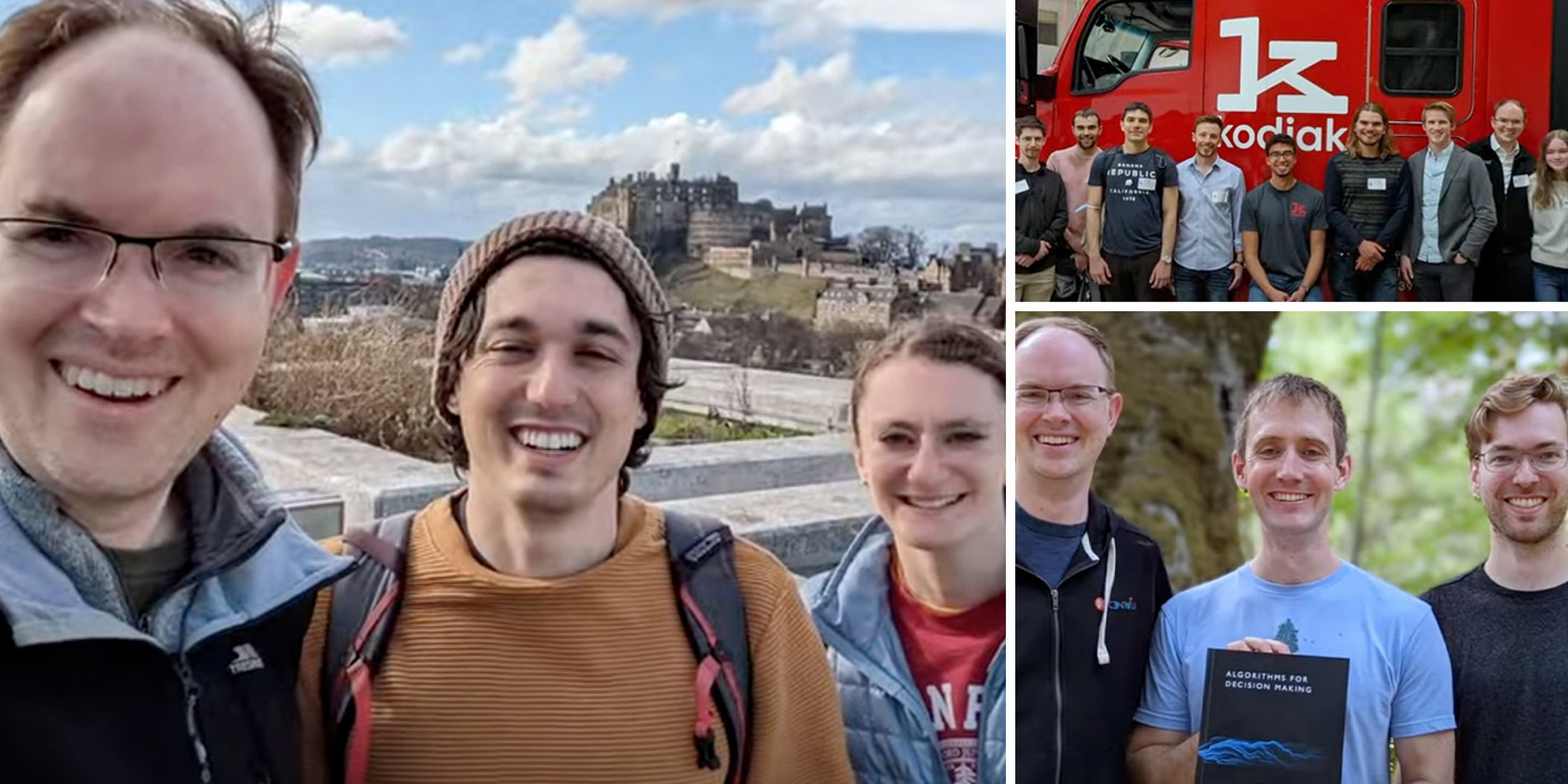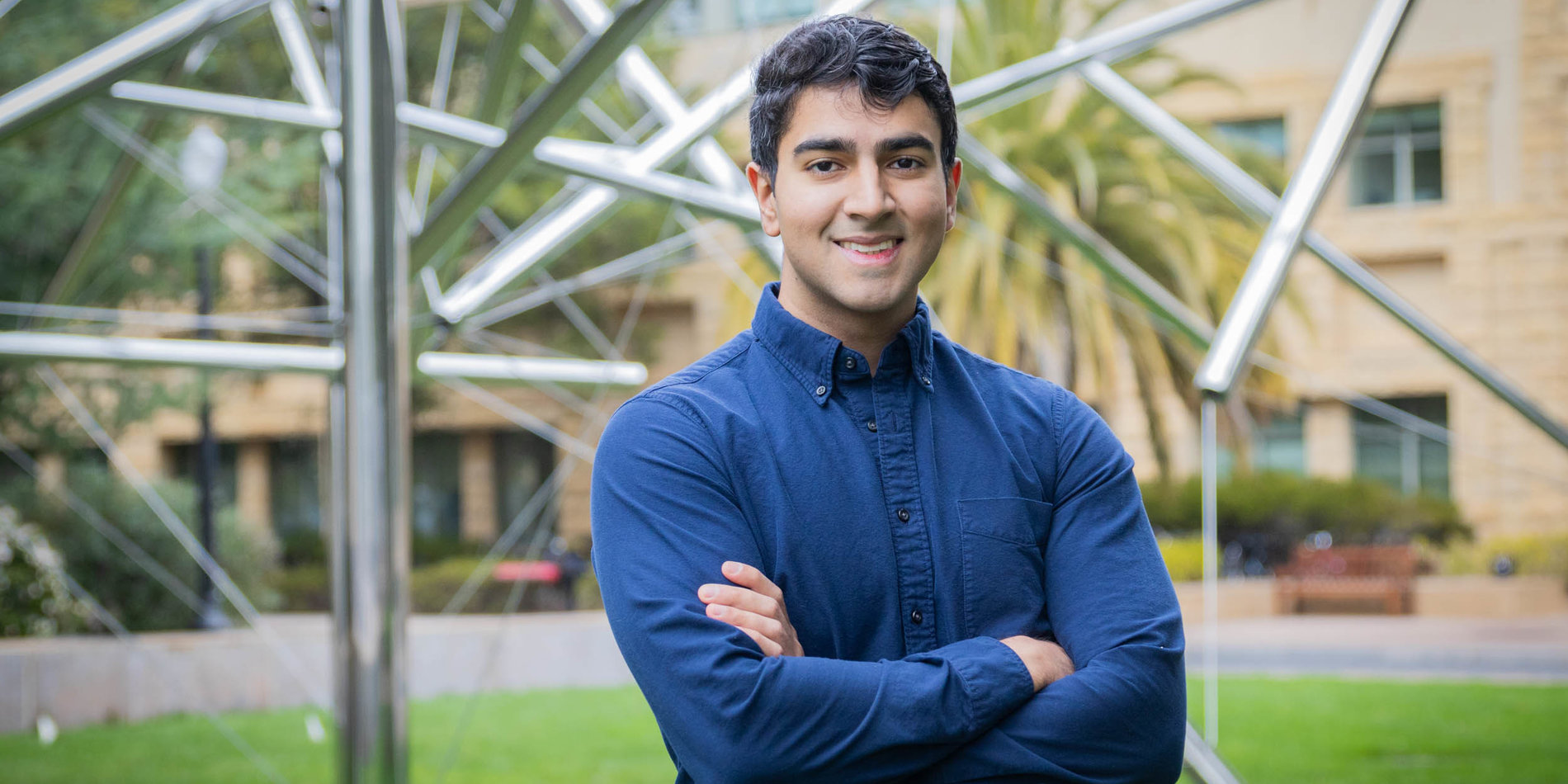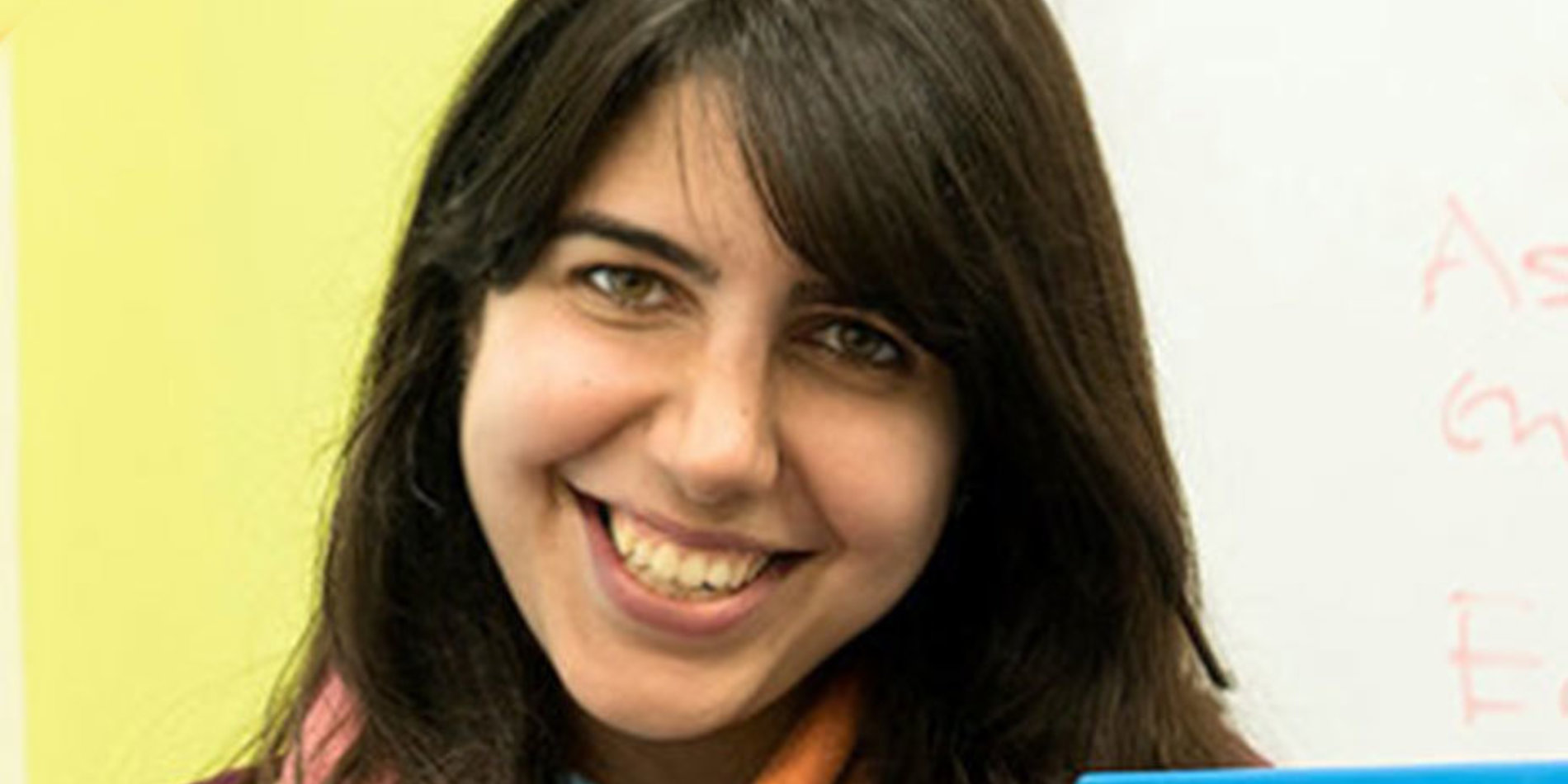Preparing Our Students to Make Meaningful Contributions to the World
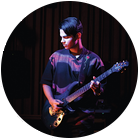
Student Spotlight: Tamish Pulappadi, Computer Science & Music
"We’re at the forefront of artificial intelligence and machine learning. It’s truly mind blowing to be going to a place like Stanford at a time when so much is happening..."
Meet Tamish Puluppadi at the intersection of music and technology
CS Degree Programs
Our main educational goal is to prepare students for a rapidly changing world. Undergraduate students have the option of declaring a Bachelor of Science or a Minor in Computer Science. Graduate students have the opportunity to pursue a Master's or PhD degree in Computer Science. The Master's degree is a terminal professional degree. The PhD is for those who desire a research or teaching career.
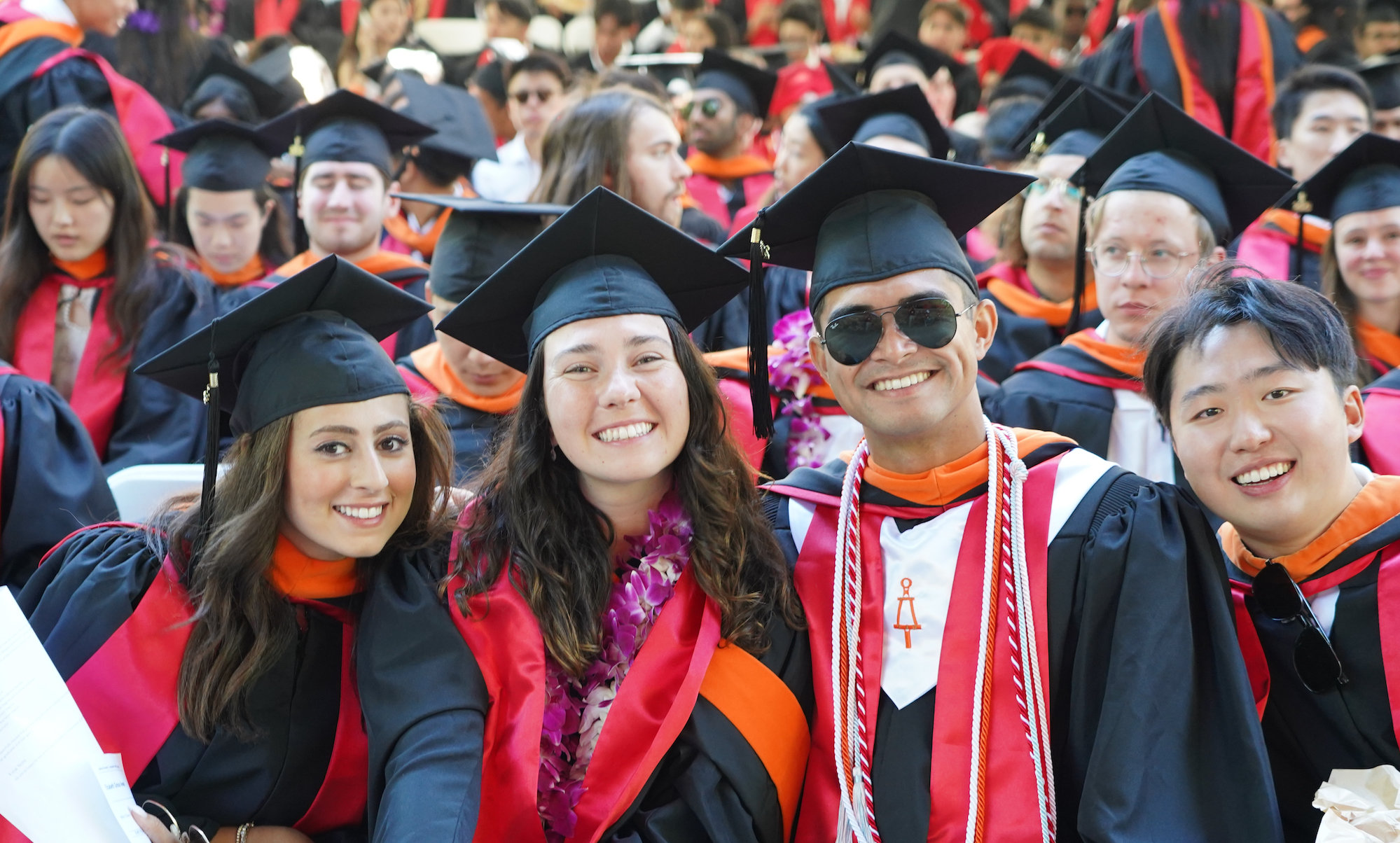
A Gateway to Opportunity & Innovation
Stanford Computer Science cultivates an expansive range of research opportunities and a renowned group of faculty. Here, discoveries that impact the world spring from the diverse perspectives and life experiences of our community of students, faculty, and staff.

Our Research & Impact
The CS Department is a center for research and education, discovering new frontiers in AI, robotics, scientific computing and more.
Removing Barriers to Excellence: Our Culture of Equity & Inclusion
Everyone deserves a voice in the discovery of new technology and the shaping of innovation. Stanford CS is nurturing a future in science that represents all cultures and backgrounds.
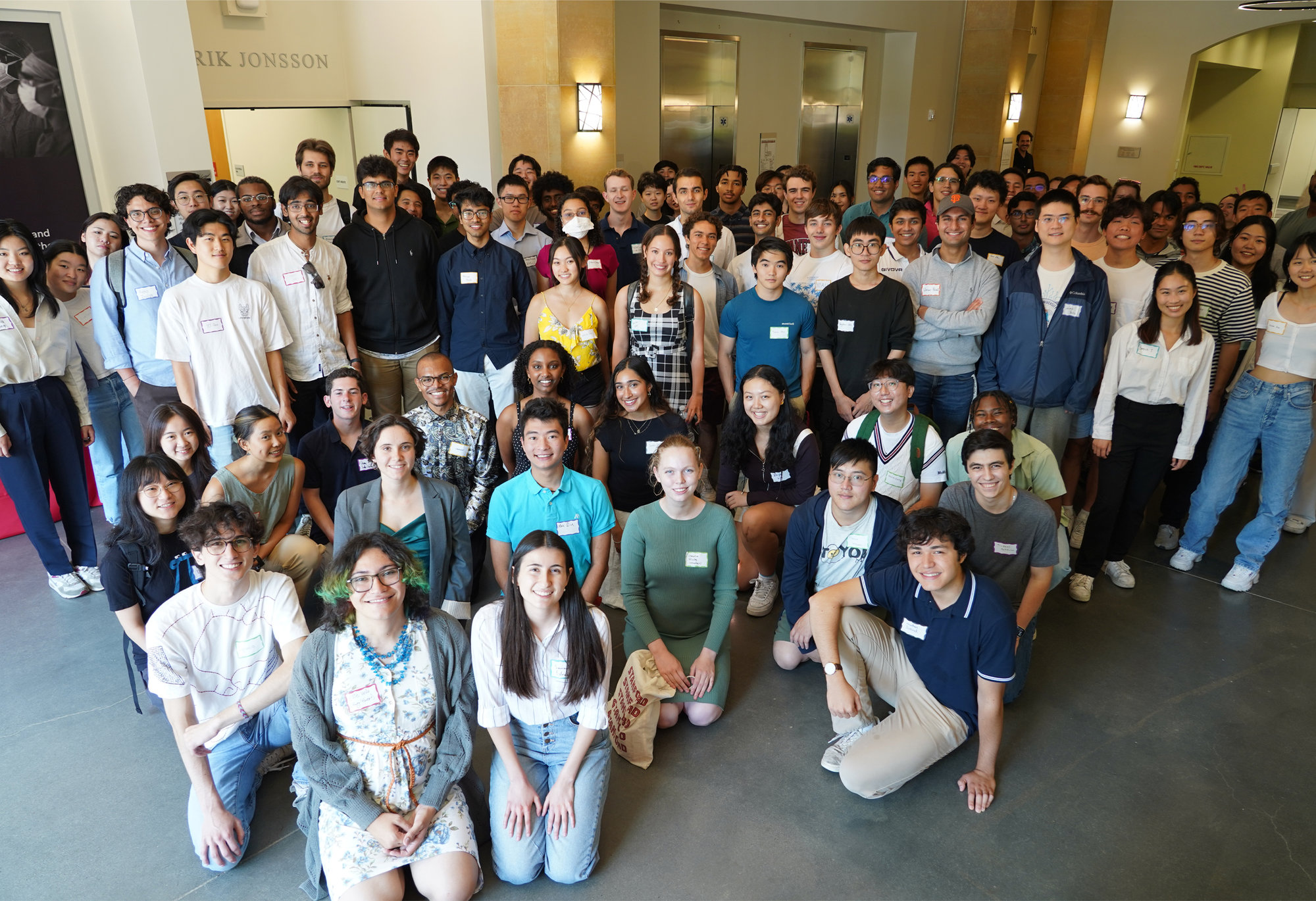
Our Research is in the News

Mehran Sahami on AI and safeguarding society
The Chair of the CS Department and scientist talks about the issues he’s paying attention to in 2024, particularly how to respond to the risks and opportunities of AI.
Read the full article in the Stanford Report
Stories & Voices
Meet some of the students, faculty, and alumni who create the Stanford Computer Science community.
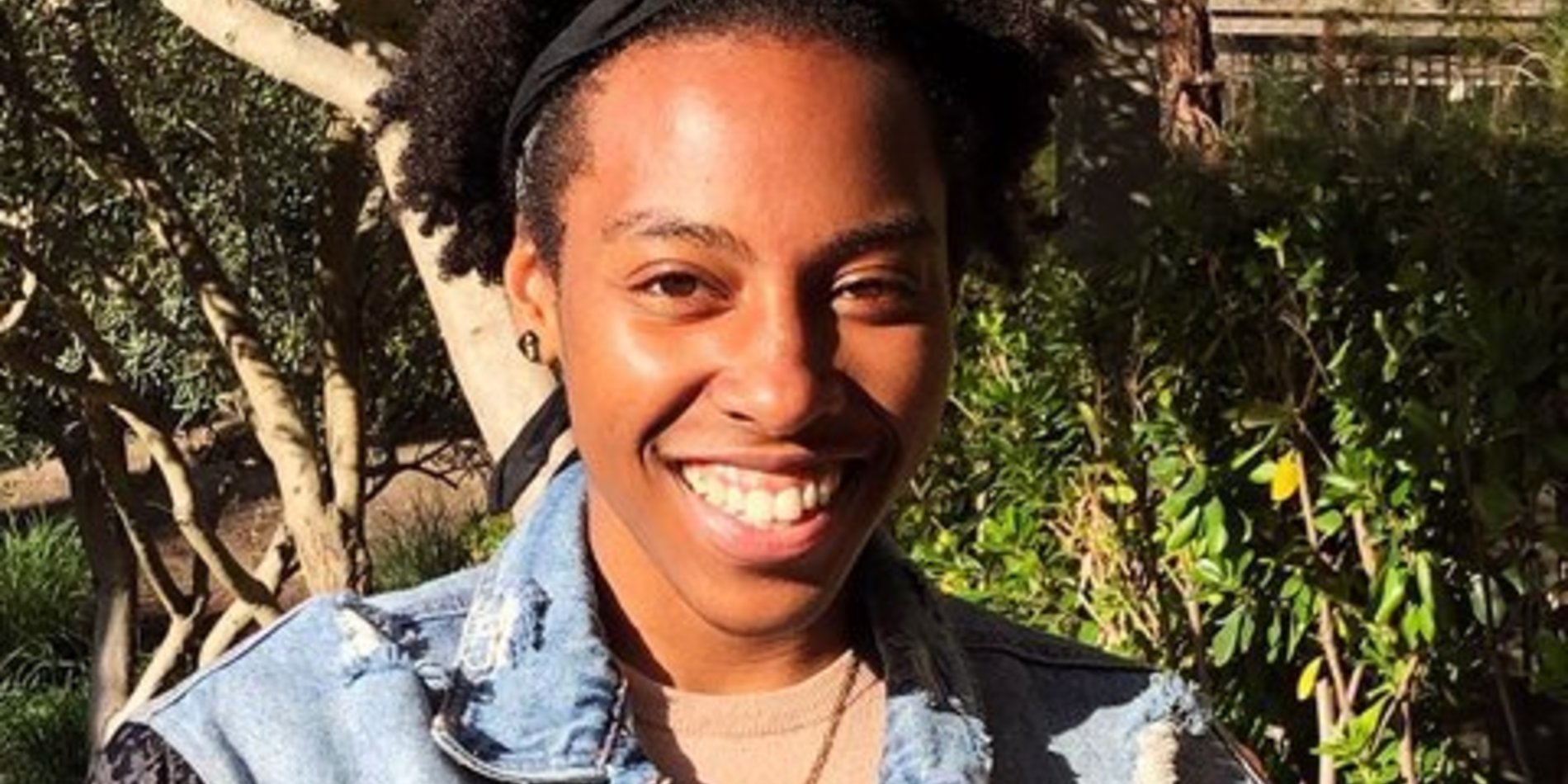
"One of the things that’s really important to me is working to support marginalized youth to build the technical confidence they need to feel empowered in pursuing a STEM education, or really anything they’re passionate about."
Kendall Beache, Computer Science
Read Kendall's' Story
